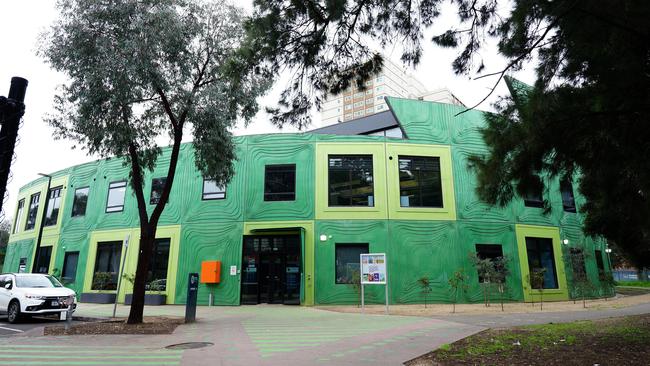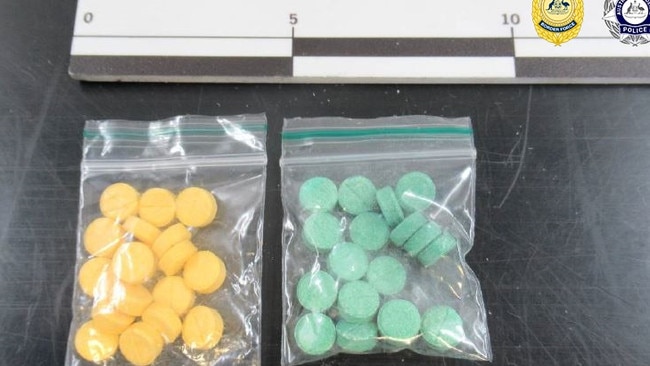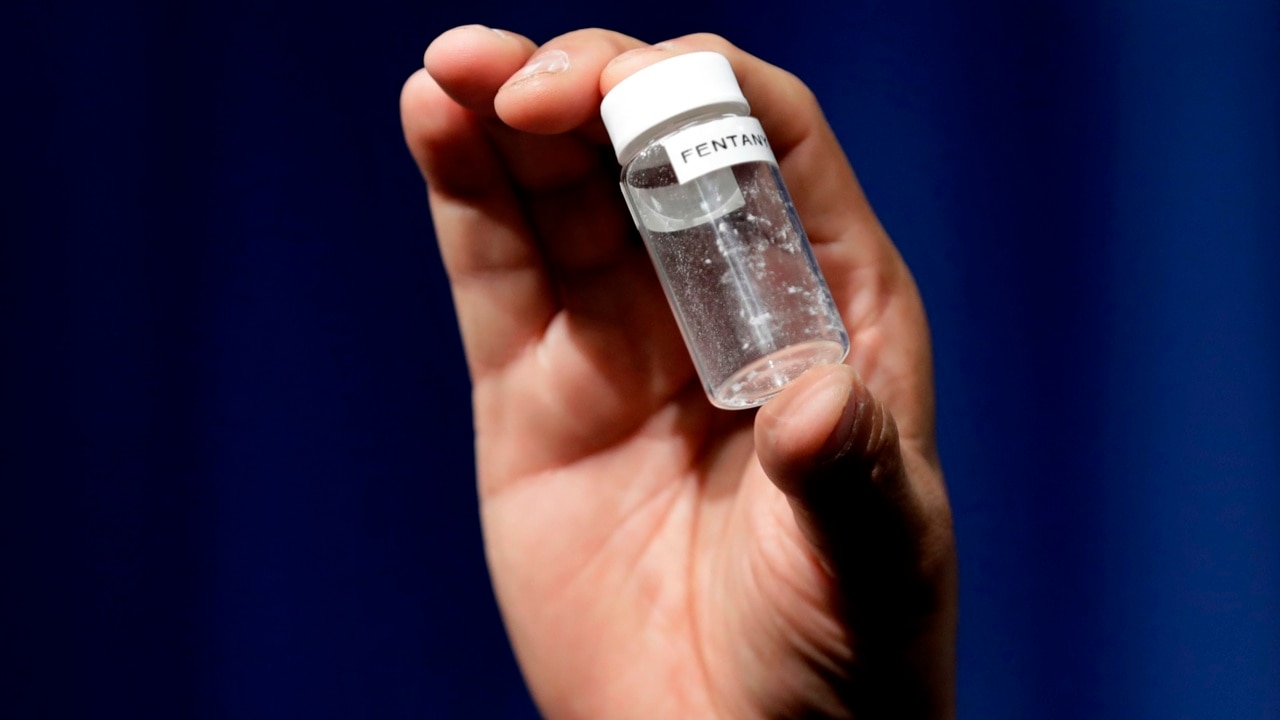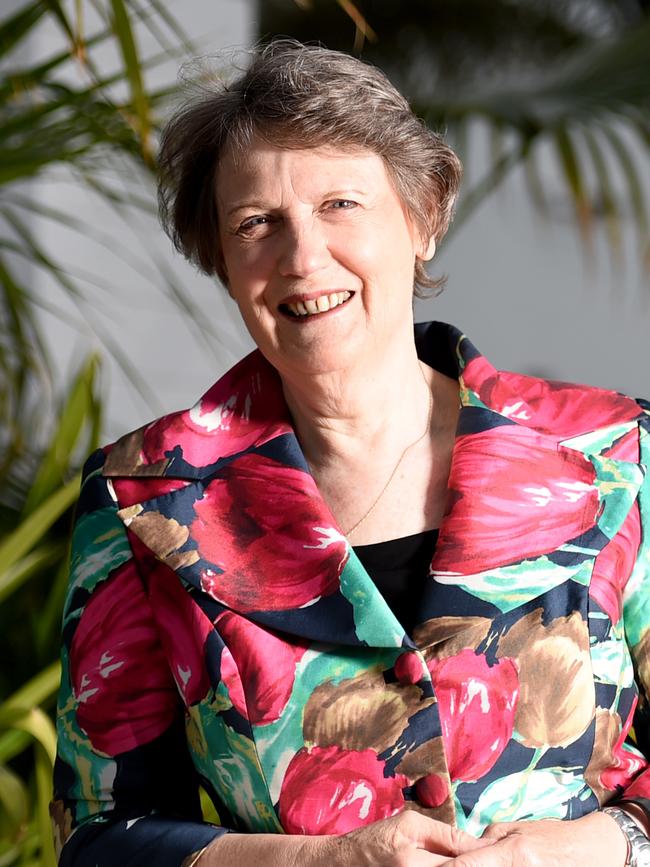Deadly nitazenes drugs spark testing centres push
Experts are calling for more drug taking centres and testing sites to deal with a new synthetic opioid, stronger than fentanyl, that has already contributed to the deaths of 16 Victorians.

Drug decriminalisation advocates are pushing for more supervised drug taking centres and testing facilities to be established to curb deaths caused by a synthetic opioid up to one hundred times stronger than fentanyl.
Nitazenes, a family of synthetic opioids that can be more addictive and potent than heroin and morphine, is contributing to an epidemic of drug fatalities across North America, and is now on the rise in Australia, having been detected in Victoria, South Australia and NSW.
The drug is already having deadly effects in Victoria, with the Coroner’s Court warning the opioid had been involved in at least 16 overdose deaths in the state since 2021.
Evidence suggests that nitazenes are coming from labs in China, although its origin is not restricted to one country, and are being sold off the dark web.
Experts, including Monash Addiction Research Centre deputy director Suzanne Neilson, used the World Health Summit to call for supervised injecting facilities, drug checking sites and public education on the benefits of naloxone, a medication that can reverse overdose effects, to help battle the infiltration of the drug and its deadly impact.

“We understand that in most circumstances, people are not intentionally purchasing nitazenes, what is most common is that people are purchasing other drugs,” Ms Neilson told The Australian.
“We do have some early warning systems in place, for example nitazenes that are detected in some emergency department settings … but it is quite limited at the moment in terms of testing for nitazenes. And because we don’t have widely scaled-up drug testing, we do get sort of limited information about what’s out there at the moment.”
Ms Neilson said nitazenes can be made to be similar to fentanyl or even 50 to a hundred times stronger.

“In Australia we have had a massive increase in overdose deaths … I think there is a significant threat of a future epidemic if we do follow in the path that we’ve seen in North America and the UK,” she said.
“Once (synthetic opioids) start to enter the market, what we’ve seen is a dramatic rise in deaths. We’d really like to know what’s going on before that happens to prevent those deaths if possible.”

Global Commission on Drug Policy chair and former New Zealand prime minister Helen Clark endorsed the controversial medically supervised injecting rooms in Melbourne.
“This is the kind of service that people need to stay alive, to stay healthy,” Dr Clark said.
“When you go to a centre like the safe injecting room, people bring in the stuff they’ve bought on the street corner (and it’s) tested, no one is going to die.”
She voiced her support for a second supervised injecting room in the CBD to go ahead, a measure the Victorian government committed to in 2020 but that has been met with backlash from the community and local businesses.
“The bottom line is that people that are using drugs need to be safe, and that’s why the centre is so important,” Dr Clark said.






